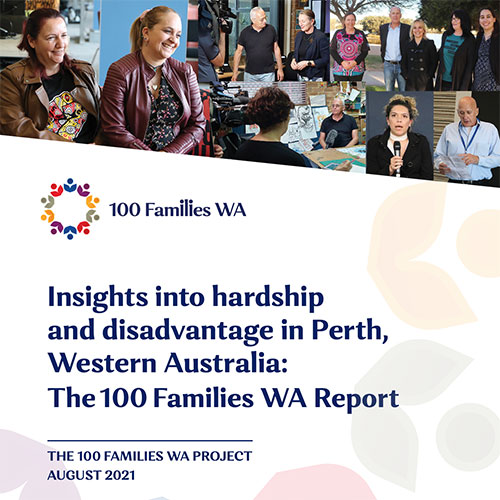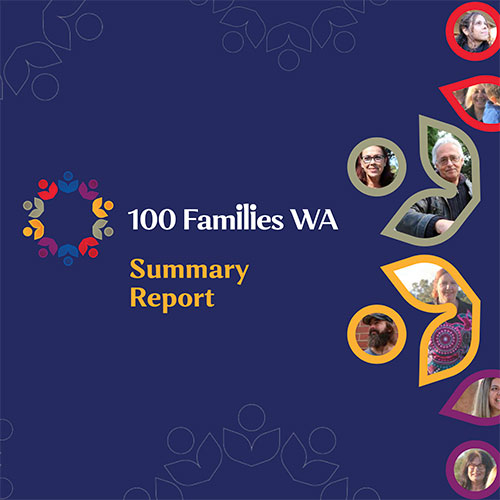I was actually a little nervous to meet the group today but within minutes, everyone made me feel so welcome. A couple of other grandparents had brought their little ones with them too, so Lewis was happy.
I spent the first part of the get-together just listening to the others talk about their situations. When I shared my own with them, they were so sympathetic. Better than that, they offered me some great advice. I was so grateful. What do all of those grandparent carers do who aren’t connected to groups like this?
After listening to the others in the group, it sounds like there are going to be things I have control over and other things outside of my control. I hope the government will address those issues for the sake of us and our grandkids.










